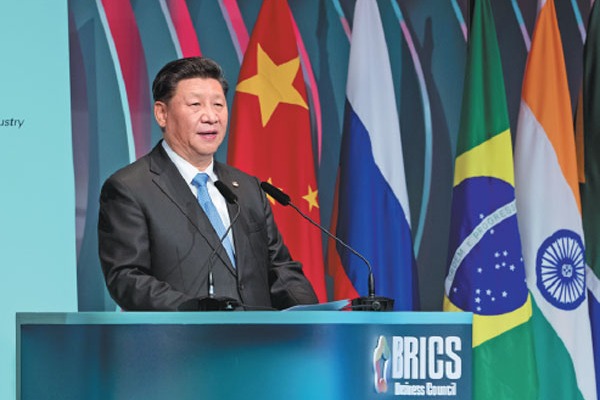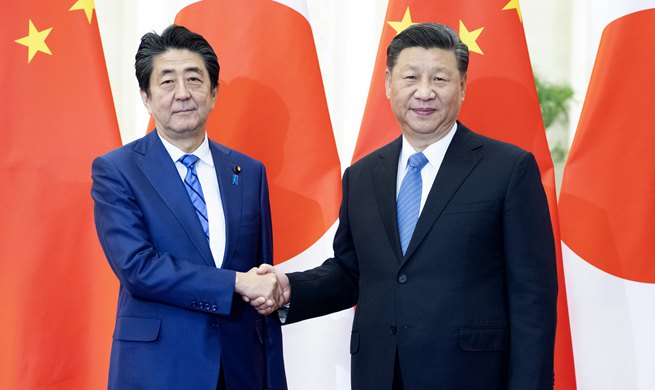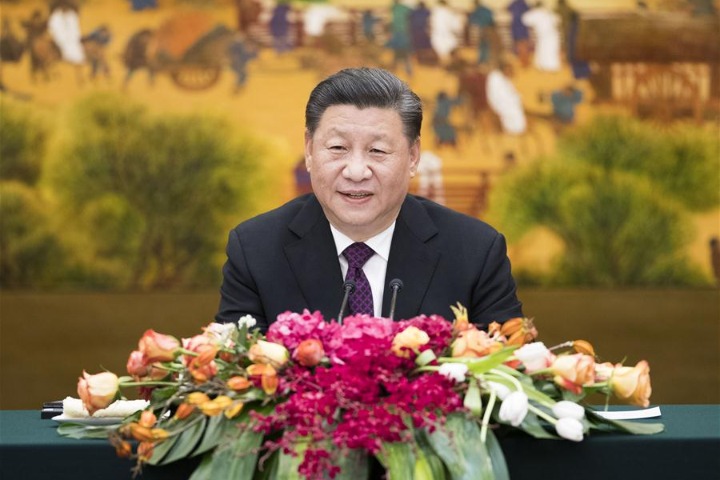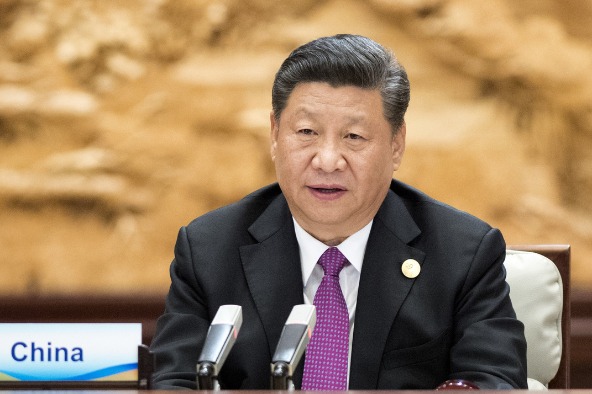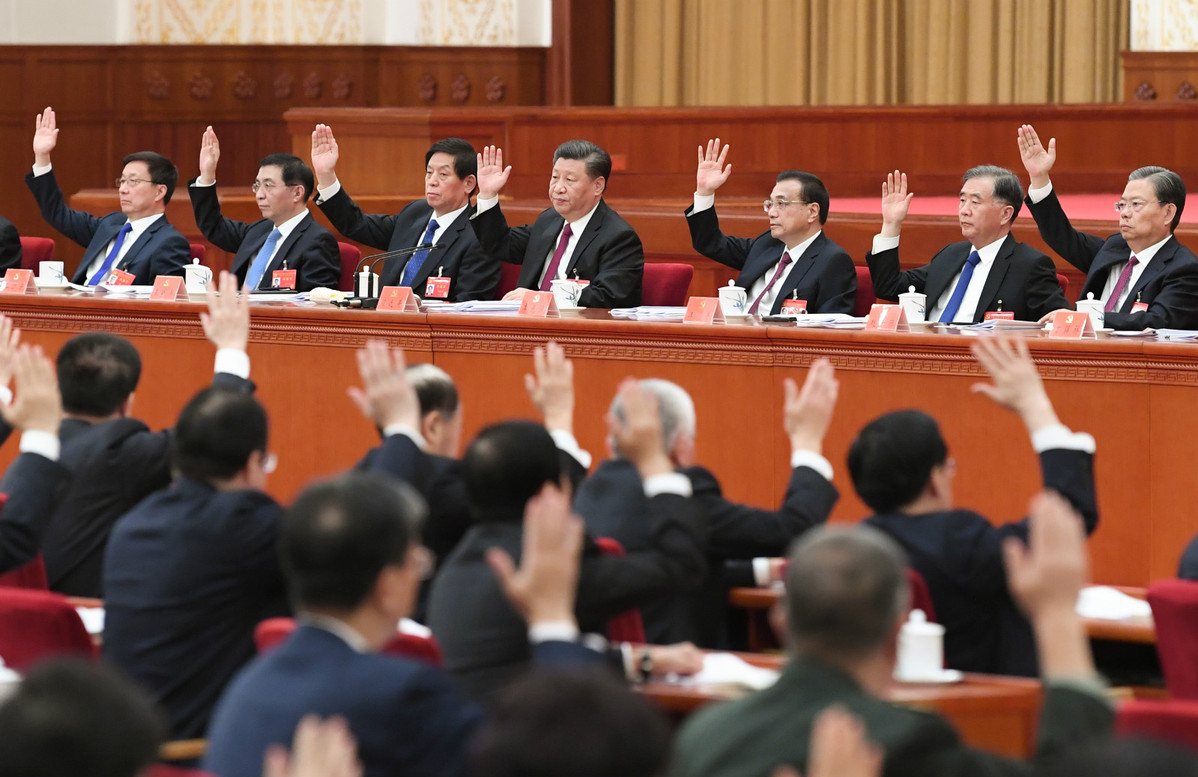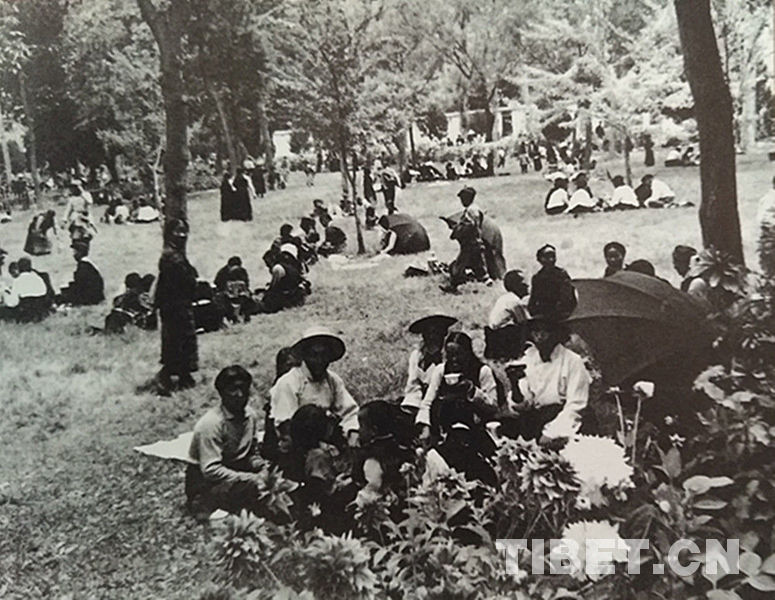Foreign Ministry refutes US 'lies' about Tibet and Xinjiang regions
The United States is telling lies about China's policies in the Xinjiang and Tibet autonomous regions out of "ulterior motives", and China is firmly opposed to that, Beijing said on Monday.
"By disregarding truth and repeating lies time and again, the US has left itself in deficits of morality, credibility and reputation," Foreign Ministry spokesman Geng Shuang said.
Geng made the remark at a daily news conference after a tweet by US Secretary of State Mike Pompeo on Saturday that attacked China's policies in Tibet and Xinjiang. The US Department of State posted a similar tweet the same day.
"The fact that China's Xinjiang and Tibet are enjoying political stability, economic development, ethnic unity and social harmony is the most powerful refutation of the US' slanderous words," Geng said.
Xinjiang is witnessing sustained economic growth, social harmony and stability, as well as religious harmony, Geng said. The lives of people in Xinjiang have been improving, and cultures are prospering in the autonomous region, he said.
The population of the Uygur ethnic group in Xinjiang has increased to 11.65 million, accounting for more than 46 percent of the region's population, Geng said.
There are more than 24,000 mosques in Xinjiang, which means there is a mosque for every 530 Muslims there, he said.
Speaking of the situation in Tibet, Geng said that since its peaceful liberation in 1951, the region has enjoyed vigorous economic growth and social stability, and its traditional culture has been protected and promoted.
There are more than 1,700 venues for religious activities and about 46,000 monks and nuns in Tibet, and about one million religious people make pilgrimages to Lhasa, the regional capital, every year, he said.
Instead of interfering in other countries' domestic affairs, the US should "mind its own business" and focus on addressing its own "persistent problems", Geng said, citing statistics from an Associated Press report.
The report, published on Saturday, cited figures from a database that showed there were more mass killings in the US this year than in any year dating back to at least the 1970s.
In 2019, there were 41 mass killings, defined as when four or more people are killed, excluding the perpetrator, of which 33 were mass shootings, the report said, adding that more than 210 people were killed.
Tibet Stories

Stories of Northern Tibet: a sheepskin coat on my mind
Karma is a typical Northern Tibetan.
Editor’s Choice
- Snow leopard and leopard photographed in Batang, Sichuan Province
- World's highest county included in State Grid electric coverage
- The 7th Beijing International Seminar on Tibetan Studies
- Contributions are welcome from you
- Symposium for anniversaries of China's Tibet magazine and China Tibet Online held
